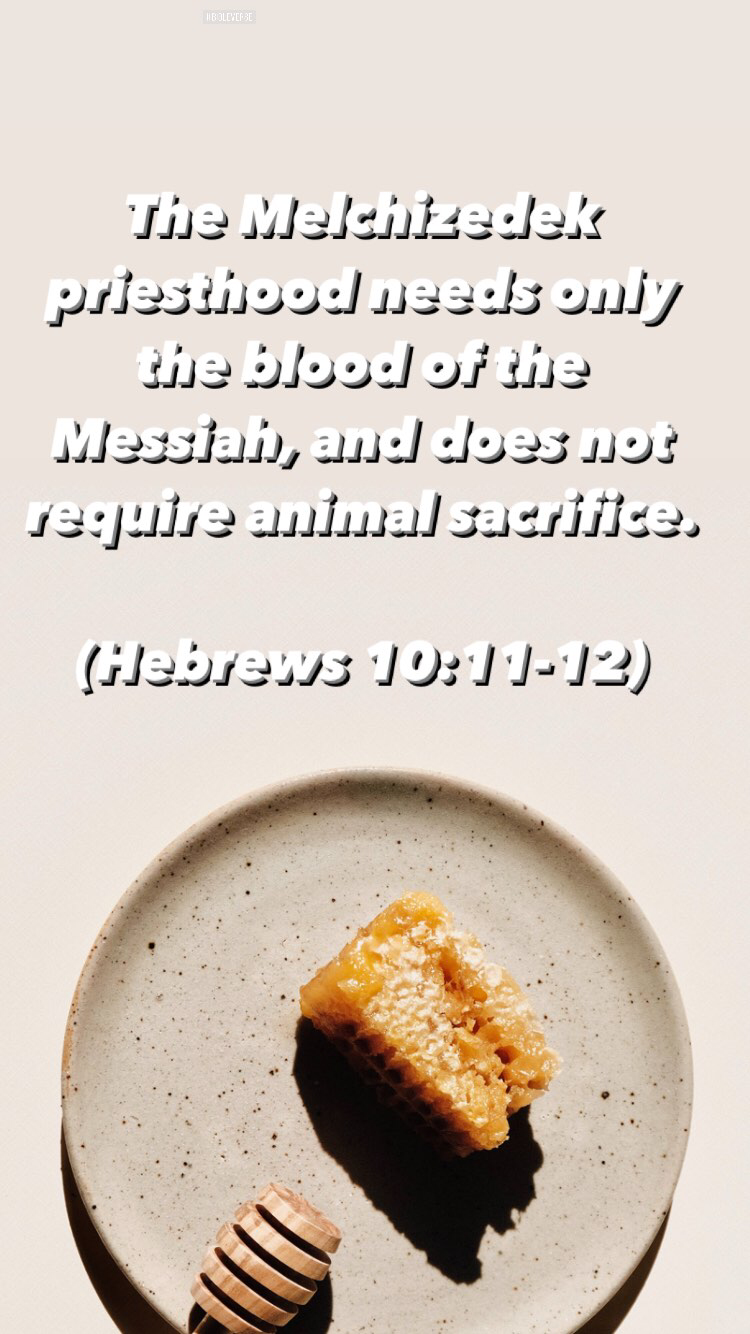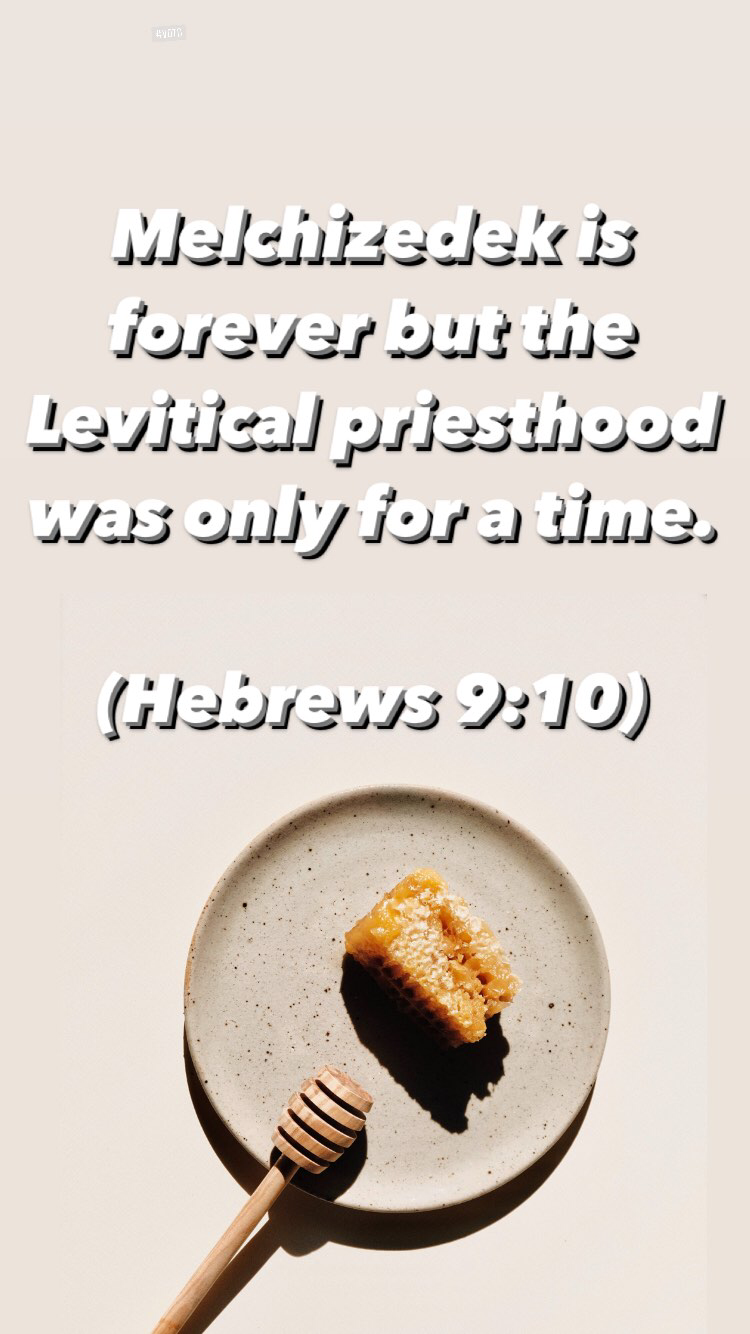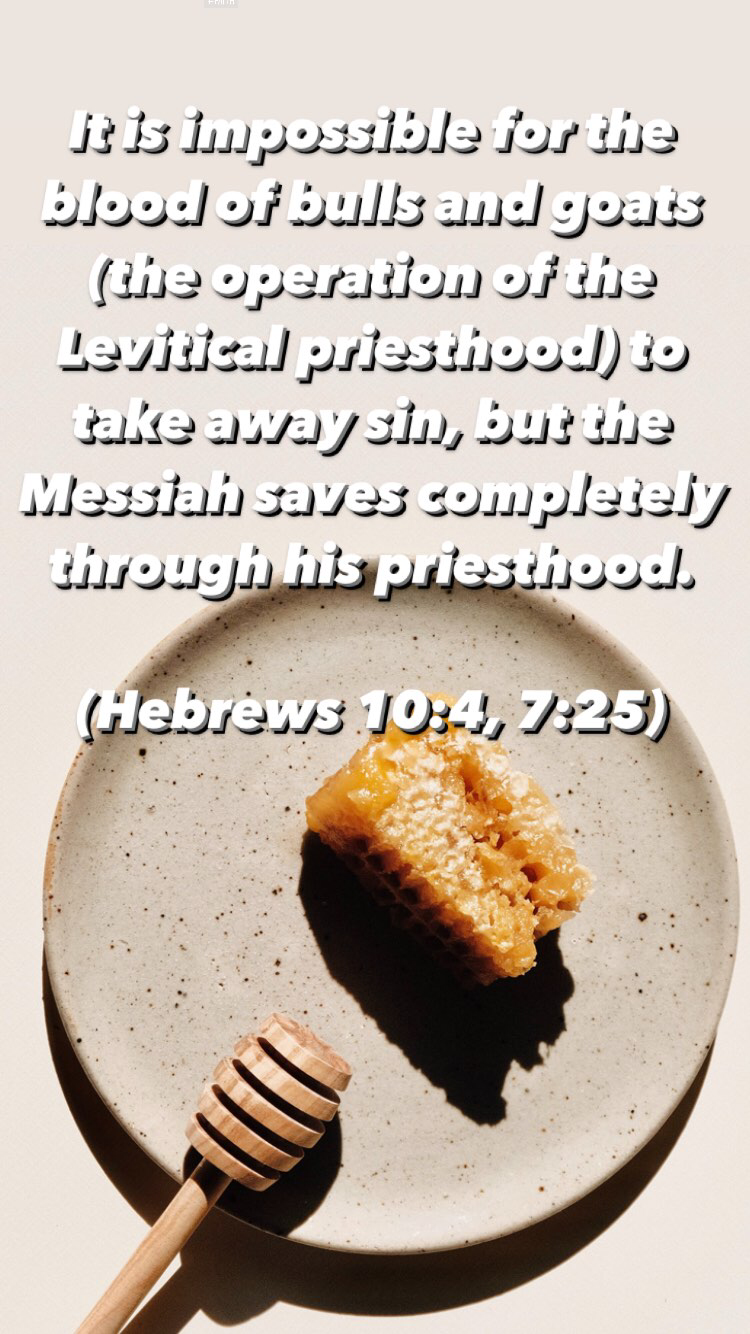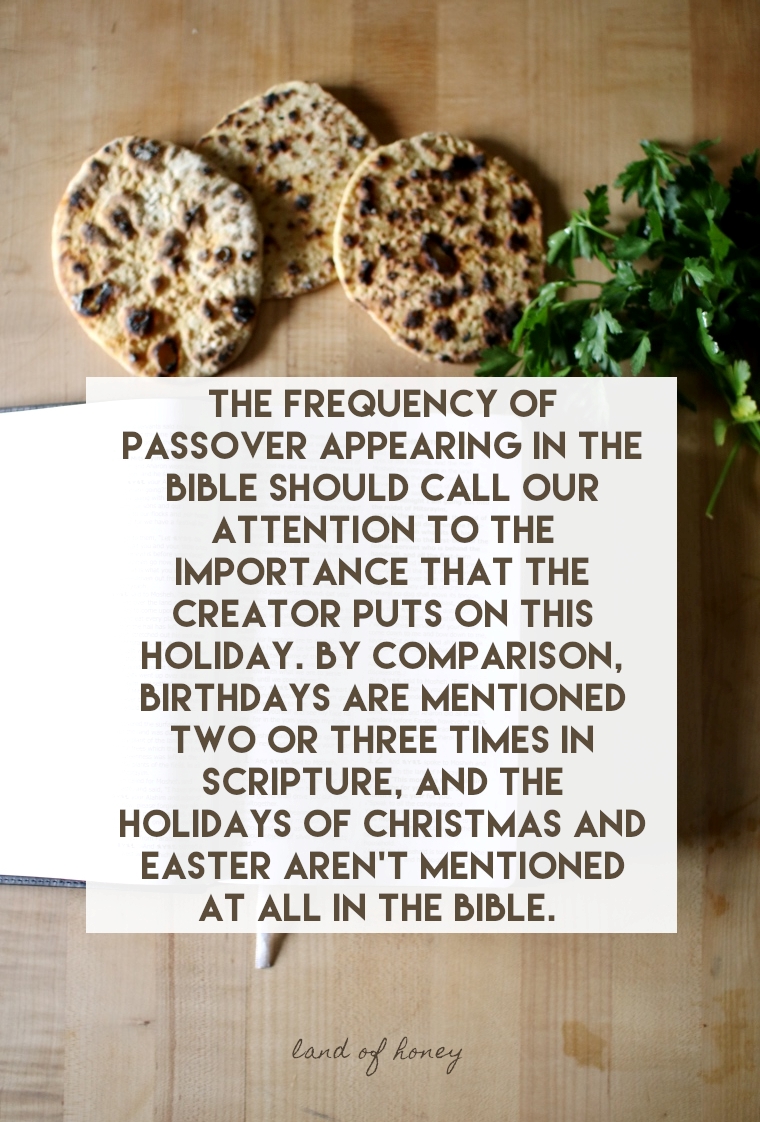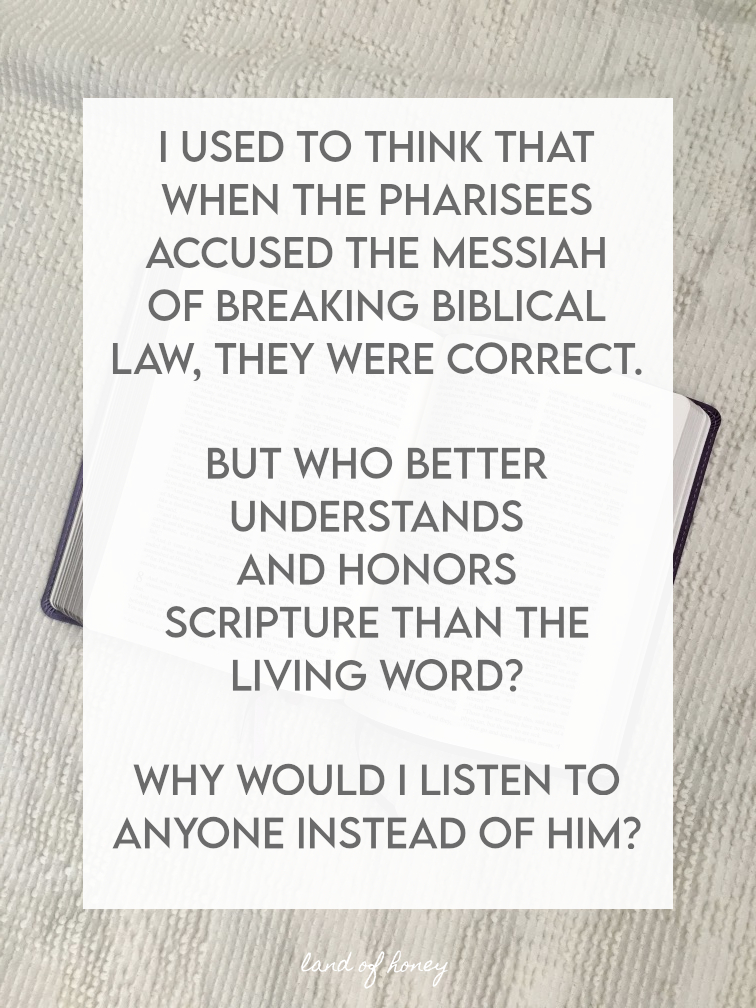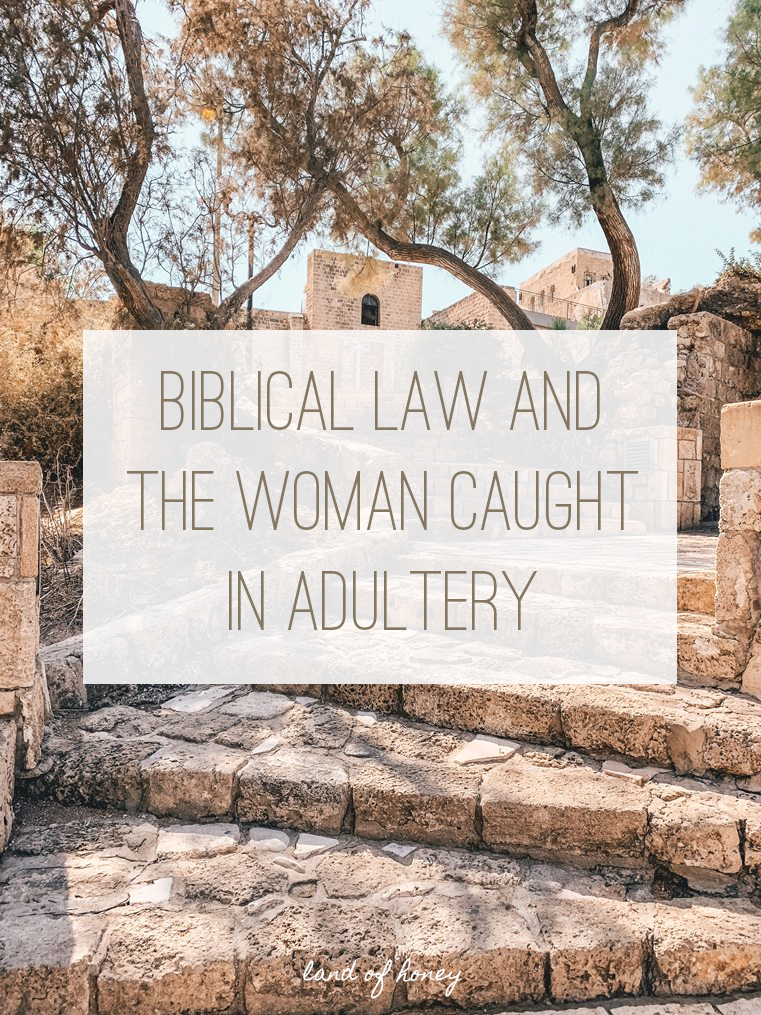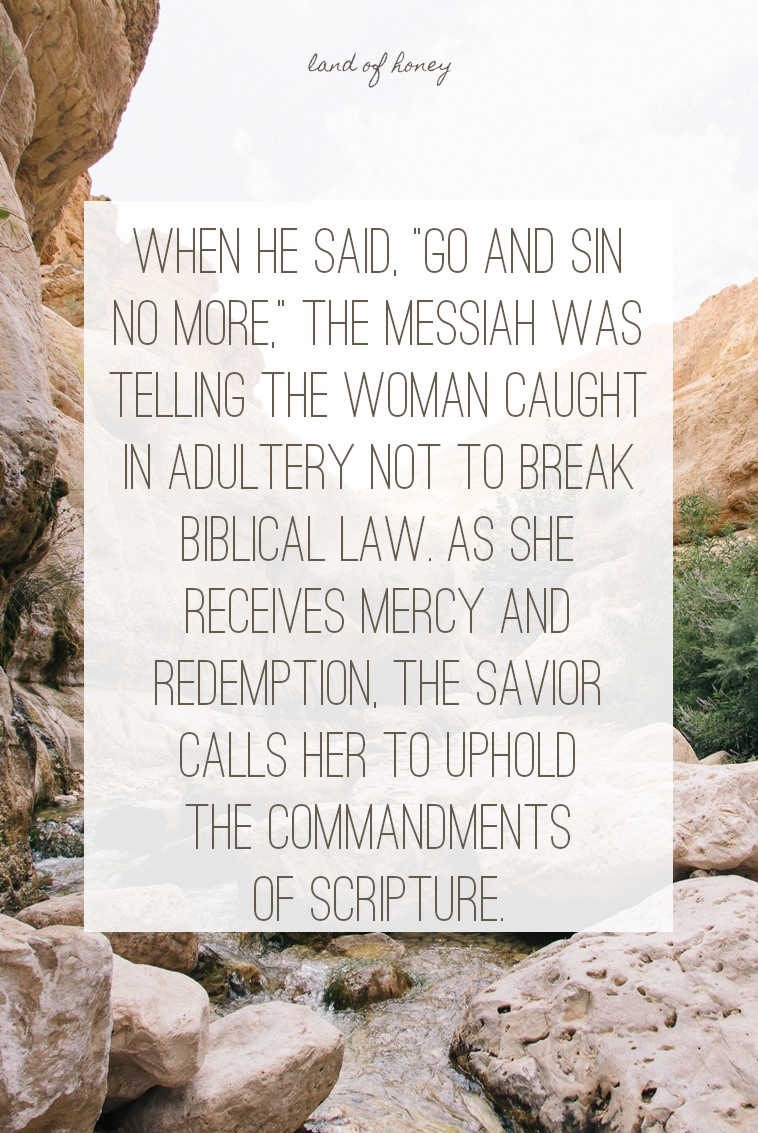"For God works all things together for the good of those who love him." -Romans 8:28
This statement made by Paul in the New Testament is packed full of hope, isn't it? I love the promise of the idea that no matter what happens in my life, God will bring something good to me through that. An ugly situation will be weaved into something beautiful. Bad things will be turned around. That's the power of YHWH, the one who trades beauty for ashes.
This idea isn't limited in origin to Romans 8:28. Joseph told his brothers that what they had intended for evil, God had used for good. So I'm not saying that the common understanding of this verse is wrong. But it is limited. There is more to it than what sits above the surface.
Most of us have heard, or experienced ourselves, first hand accounts of this. The person that claimed the awful car-accident was the wake up call they needed to fix their marriage. Someone insisting that getting fired from a job was the best thing that ever happened to them. And yet...all of us have experienced deep heartache, grief and loss that can feel too heavy to bear. There are certain pains in life where it seems cruel to say, "Not to worry - good will come from this."
And that's where we need to see the deeper meaning of Romans 8:28.
The point of this passage isn't limited to all things somehow working out to be beneficial to followers of God, even if they don't see how in the world that could be true until eternity. Romans 8:28 also means that no matter what happens, it is our job to work with God to bring about good in this world.
Again, while I firmly believe that God is faithful to turn around the mess in our lives, we are also called to work with him in that! That means there is tremendous hope in each of our lives! Not just for good to happen to us. But to overcome the hard things and heartache, and continue to be faithful servants of YHWH, doing everything we can to bring about good into the world.
Many of us struggle to take our eyes off their hardships and the brokenness of our world. And I get that. There are far too many overwhelming situations and heartaches for most of us. And there are scary statistics and predictions about society, the economy, depression rates, and the environment on the news every day. It's easy to want to throw your hands up in the air and say "What's the point?" But truthfully, as the body of Messiah this is our time to step into the role that God created us for. It is your job to work with God to bring about good in your life, your family, your community, and our world, no matter what unwanted circumstances may arise.
Here's a better rendering of Romans 8:28
"We know that God works all things together for good with those who love him, who are called according to his purpose."
Related posts:
What Does 'No Greater Burdens' in Acts 15:20 Mean?
The Real Meaning of 1 Corinthians 14:34
The Beautiful Detail You've Never Heard from the Prodigal Son Parable
.JPG)
.JPG)



.jpg)







